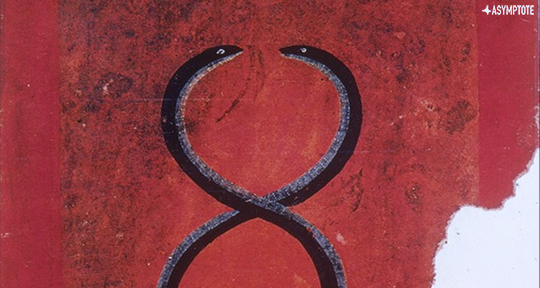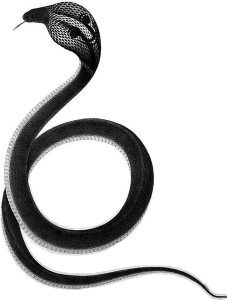This week, our Editors-at-Large take us from North Macedonia to New York with updates on literary festivals and fairs. From Jean-Pierre Siméon’s belief in the sustaining nature of poetry, to a celebration of the many languages spoken besides Spanish in Hispanic communities, read on to learn more!
Sofija Popovska, Editor-at-Large, Reporting from North Macedonia
The conclusion of the 2024 Struga Poetry Evenings (SPE) brought conversations about the meaning of poetry nowadays to the foreground of the Macedonian literary scene. The festival’s main award, the Golden Wreath—whose recipients over the years include W. H. Auden, Allen Ginsberg, Pablo Neruda, and Ted Hughes—was awarded to French poet, writer, critic, and dramatist Jean-Pierre Siméon this year. In an illuminating conversation with the magazine Nezavisen (Independent), Siméon retraced the well-known, yet often forgotten, connection between poetry, longing, and change.




